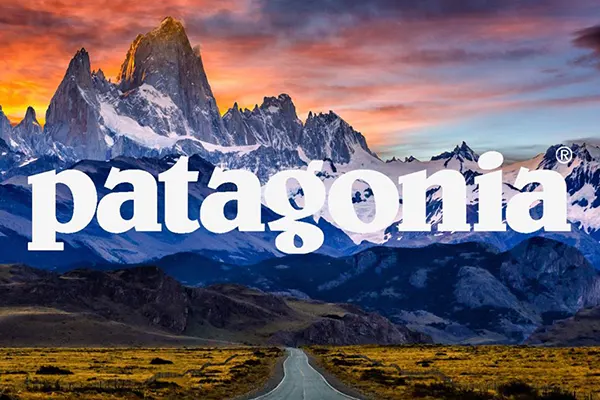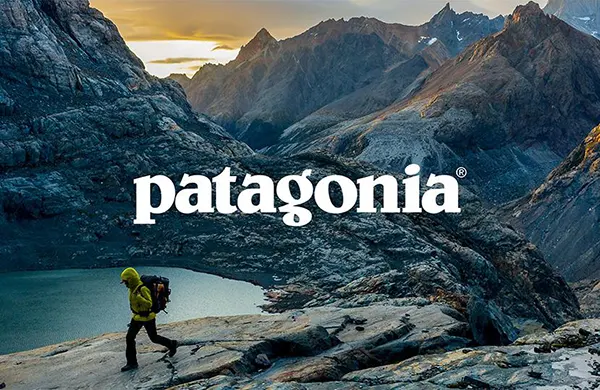
How Patagonia Made Activism the Core of Its Brand Without Losing Profit
In the world of global commerce, where profit margins and growth targets often take precedence, one company has defied convention. Patagonia, the American outdoor clothing brand, has transformed itself from a niche mountaineering supplier into a global icon of ethical business. Founded by Yvon Chouinard in 1973, Patagonia has consistently demonstrated that purpose-driven business can not only coexist with profitability but can thrive because of it.
From Climbers to Changemakers: The Early Roots of a Purpose-Led Brand
Patagonia’s foundation lies in the spirit of adventure and environmental consciousness. Initially catering to a small climbing community, the company evolved rapidly through the 1980s and 1990s, embracing recycled materials, organic cotton, and low-impact dyes long before such moves were considered mainstream. This early commitment set the tone for its future decisions and earned it credibility among environmentally aware consumers.
As the outdoor industry boomed, so did Patagonia’s reach. Yet, it never abandoned its core principles. The company began donating 1% of its sales to environmental causes in 1985—long before corporate social responsibility became a marketing buzzword. Patagonia positioned itself not just as a seller of gear, but as an advocate for wild places, urging consumers to buy less, repair more, and think critically about their consumption.
This approach resonated. Patagonia’s now-famous “Don’t Buy This Jacket” campaign in 2011 was a powerful paradox, encouraging conscious consumption over impulse buying. It turned heads in the advertising world and proved that bold messaging tied to authentic values can build trust and drive sales simultaneously.
Real Profits From Real Purpose
While other brands chase quarterly gains, Patagonia has taken a long-term approach to growth, choosing impact over short-term sales. Their investments in renewable energy, ethical labour practices, and transparency have reinforced the loyalty of their customer base, many of whom view Patagonia as a lifestyle rather than a label.
In fiscal terms, the results are telling. As of February 2025, Patagonia’s estimated annual revenue surpassed $1.5 billion, with no reliance on fast fashion or trend-chasing. Their growth stems from steady consumer demand, high-quality durable goods, and a customer base that shares the company’s values on climate and conservation.
More than just maintaining profitability, Patagonia has managed to shape the very concept of sustainable business in retail. This approach has inspired an entire generation of entrepreneurs and forced industry peers to reckon with consumer expectations that now increasingly prioritise ethics, traceability, and responsibility.
Ownership for the Planet: The Historic Transfer of Patagonia
In September 2022, Yvon Chouinard made headlines worldwide by announcing he was giving away the company—not to heirs, not to investors, but to the Earth. The Chouinard family transferred ownership of Patagonia to two new entities: the Patagonia Purpose Trust and the Holdfast Collective. The latter is a non-profit dedicated to fighting climate change and protecting nature.
This move ensured that every dollar not reinvested back into the business goes directly towards tackling the environmental crisis. According to public filings, Patagonia directed over $100 million in profit to the Holdfast Collective in 2023 alone. This structure, still operational and thriving in 2025, has turned the traditional business ownership model on its head.
Legal experts and economists have hailed this shift as revolutionary. Instead of chasing IPOs or courting buyouts, Chouinard redefined corporate success in terms of environmental contribution. It’s a roadmap that proves capitalism can be re-engineered for the public good without sacrificing corporate stability.
The Legacy of Ethical Innovation
Patagonia’s structural shift goes beyond symbolism. It legally binds the company’s mission to ecological activism. This framework safeguards Patagonia’s long-term values against future shareholder interference or shifts in executive priorities. In essence, the company has become self-sustaining activism wrapped in high-performance clothing.
The company continues to fund grassroots movements, fight oil exploration, and advocate for protected lands across the globe. With stores in over 10 countries and digital reach expanding in Europe and Asia, Patagonia is amplifying its mission on a truly global stage.
Critically, this isn’t an idealist’s fantasy—it’s real, working policy. Employees report high engagement and satisfaction, while investors in comparable industries are asking tough questions about why their own brands can’t follow suit. Patagonia has shifted the Overton window of what responsible capitalism looks like in the 21st century.

What Other Brands Can Learn From Patagonia
Patagonia’s example offers a blueprint for modern businesses seeking relevance and trust in a changing world. Consumers today are far more informed and values-driven. Brands that ignore environmental and social responsibility risk alienating the next generation of buyers. Transparency, accountability, and genuine activism are no longer optional—they’re expected.
The key takeaway isn’t to copy Patagonia’s every move, but to internalise its ethos: align business objectives with long-term societal benefit. Whether through sourcing, production, employment practices or marketing, ethical choices create brand resilience and customer affinity that no discount can buy.
Even for companies operating in less overtly ecological industries, Patagonia shows that integrity breeds loyalty. A brand that stands for something beyond profits will ultimately build deeper, longer-lasting relationships with its audience. This isn’t just good for the planet—it’s good business.
The Future of Activist Capitalism
As we move further into 2025, Patagonia’s influence continues to grow. The company’s bold choices are now studied in business schools and sustainability forums alike. Its presence at COP summits and its leadership in climate litigation add further weight to its unique corporate identity.
Consumers are rewarding brands that lead with purpose, and Patagonia is proof that such a model is scalable, profitable, and enduring. It doesn’t just sell jackets—it sells a vision for the future. That’s a powerful differentiator in a cluttered market.
Ultimately, Patagonia invites us all to reconsider what business should be. It reminds us that success isn’t just about money—it’s about meaning, legacy, and contribution. And that, perhaps, is the most radical product of all.
